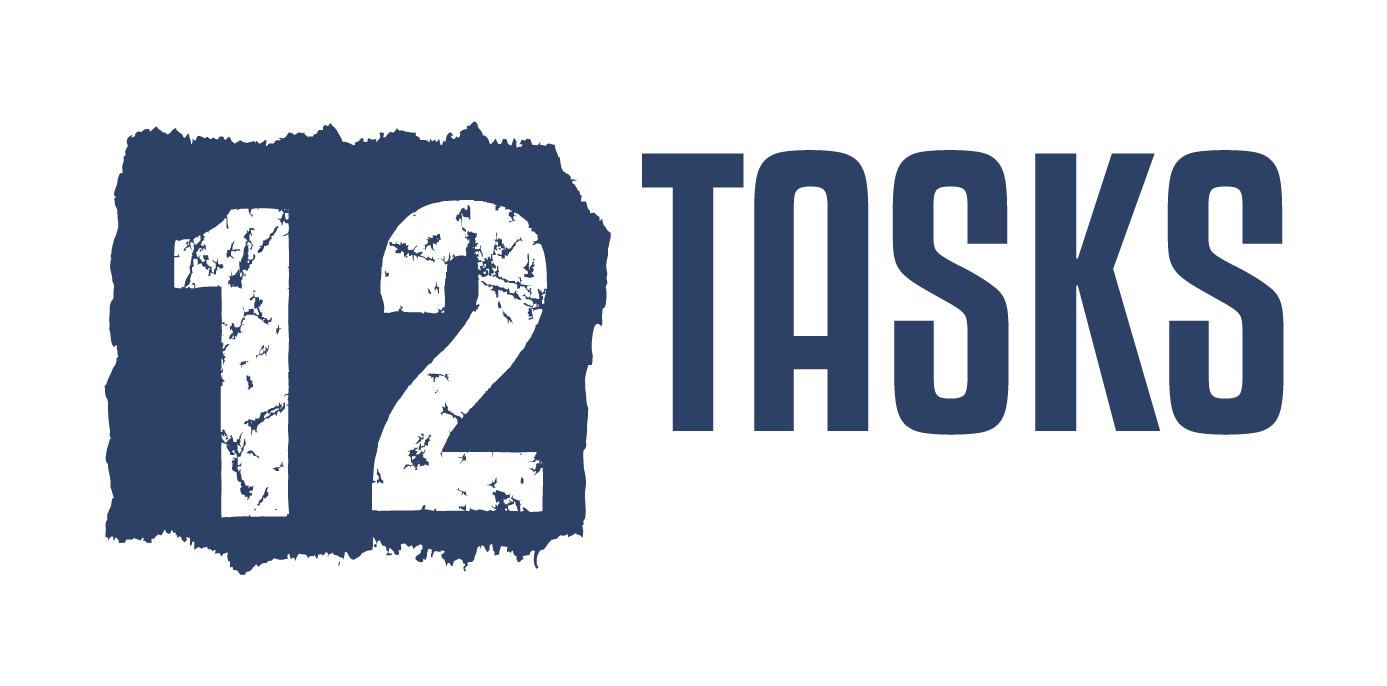In the 1990’s, about the time Shel and I were developing the 12 Tasks for our oldest sons, two university professors began to question whether IQ was enough to assess the true intelligence of people. They saw that, in terms of relational success, people with a high IQ outperformed people with average IQs only 20% of the time whereas people with average IQs outperformed people with high IQs 70% of the time. Daniel Goleman (Harvard PhD) took this EQ (Emotional Intelligence) idea and came up with four realities which changed everything.
Self-awareness leads to Self-management which leads to social awareness which leads to social management.
This may not mean a lot to a young teen but it has changed the way work happens in the real world. Employers now understand that we are not limited solely by our parent’s intelligence or genes. It’s not just our training or natural intelligence which has the biggest impact anymore. It’s the way we handle ourselves and each other. How we manage our own emotions and how we understand the emotions of others. This one factor determines more than anything else who will be hired and who will not and even who will be promoted or not.
The good news is that this emotional intelligence can be learned and grow with life experiences. Parents have a vital role to play while children are young to point them in the right direction to establish confidence, security and hope for what is ahead. It’s all about encouraging maturity. Team building and adapting to change are two of the traits in high demand in our increasing global and technological marketplaces.
12 Tasks is designed to impact the next generation in a way that matters in the real world of work and relationships. Employers and partners are focusing on personal qualities and values. They want to see evidence of initiative, empathy, persuasiveness, adaptability. This is not about raising your child to be nice or emotionally unrestrained. Neither men nor women are naturally superior in terms of emotional intelligence but each has a unique profile. Gender-specific areas of strength and weakness do show up. As a whole, women tend to be more aware of their own emotions, are better with relationship and show more empathy while men are usually more optimistic, self-confident, adapt easier and deal with stress more efficiently. Most of these traits are part of being human and individual men or women can express the traits on a comparable level given the right circumstances, nurturing or opportunities.
Psychologists like Dr. Thomas Achenbach of Vermont are noting that more children are lonely, depressed, angry, nervous, worrisome, impulsive, aggressive and unruly and this is true across cultures and socio-economic classes. Issues such as drug abuse, crime, violence, eating disorders, bullying, depression and other disorders are increasing.
Goleman studied how we respond to our emotions, how we recognize other’s emotions and how we influence other’s emotions. In other words, how we do relationship in the real world. Goleman noted that our sensory signals pass through the limbic (or emotional experiential) part of the brain before landing in the frontal lobe where rational processing happened. Maturity is learning to navigate internal communication so that emotional and rational centers work together for superior outcomes.
All this to say: 12 Tasks is designed to help your youth grow in areas of confidence, security, hope and wisdom so that they can navigate the turbulent teen years with increasing maturity. It will require a wise guide, coach, encourager who is also growing and willing to change.
This is the journey we invite you on.
-Jack Taylor

